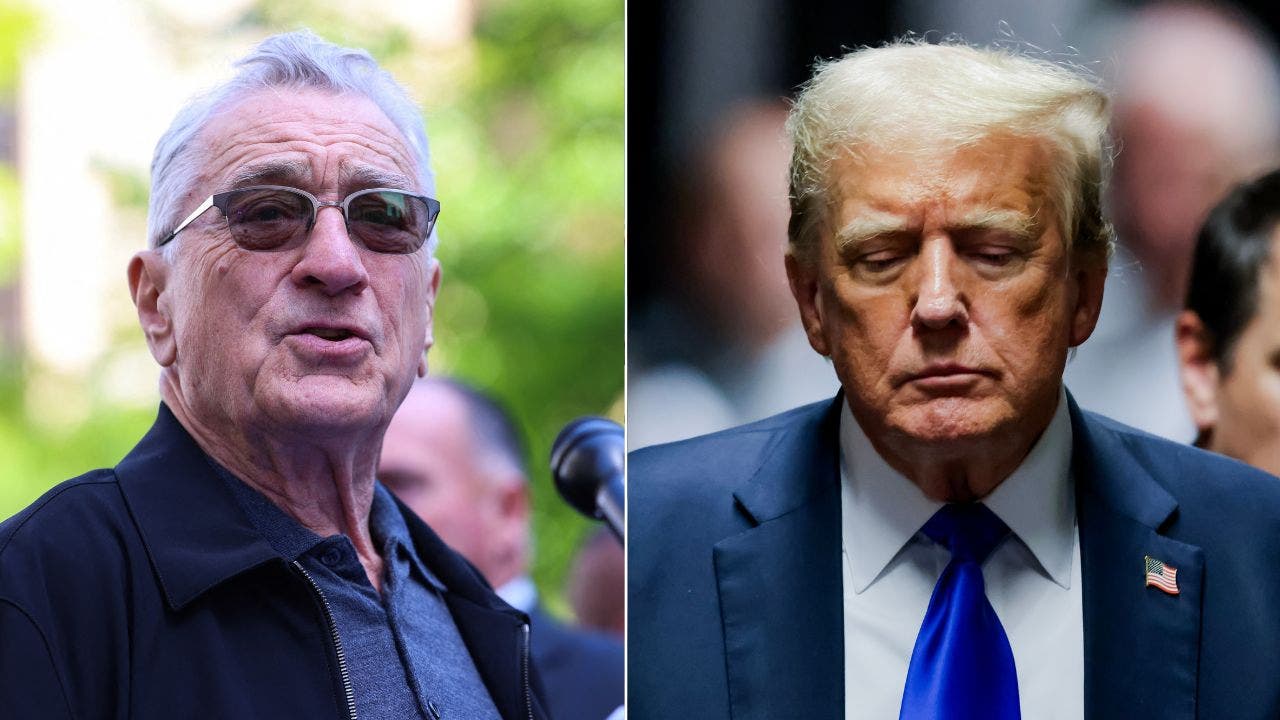After a brilliant makeover from a comedian to a lead actor in Vetri Maaran’sViduthalai: Part 1, Soori’s sophomore outing as a protagonist, Garudan, proves that his transformation is not a flash in the pan. With a neatly woven script that has enough brawn to overcome its minor shortcomings, director RS Durai Senthilkumar makes a splendid comeback with this raw and intense rural drama.
In Garudan, Soori plays Sokkan, an orphan who finds solace in Karunakaran’s (Unni Mukundan) solidarity, turning him into a living embodiment of the word ‘loyalty’. Meanwhile, Aadhithya (Sasikumar) is Karuna’s best friend and the duo also professionally works in tandem. Akin to a marksman’s deafening gunshot disturbing the tranquillity of a peaceful forest where its inhabitants keep their animal instincts in check, trouble brews in multiple forms. The film catalogues the rift in these bonds down to the proverbial ‘mann, ponn, penn’ (greed for land, wealth and women). When these events rattle his perfect world, Sokkan is forced to take it upon himself to restore balance.
A cop wants to resign, a minister wants to swindle away a large piece of temple land, a character from a once-affluent family has a hard time making ends meet, a couple is distraught about their inability to conceive, a relationship leads to unplanned pregnancy, a cordial relationship between two people blooms into romance…. Garudan discloses all its cards with breakneck speed and introduces us to a plethora of characters. While it takes a while to settle within this world, the screenplay goes against its title to put us amidst the action instead of giving us a bird’s eye view of happenings.
Garudan (Tamil)
Director: RS Durai Senthilkumar
Cast: Soori, Sasikumar, Unni Mukundan, Sshivada, Samuthirakani, Revathy Sarma
Storyline: A man stuck between fidelity and fairness is forced to take a side
Runtime: 138 minutes
Soori is arguably at the cusp of his career’s apogee. At a stage where a little ‘mass’ would do wonders amidst a lot of ’class’ (three of his films are having a dream run at film festivals), the actor could not have asked for something as bespoke and vivifying as Garudan. Not only does the film play to his strengths and does a brilliant job with the ‘rise of an underdog’ trope that we enjoyed in Viduthalai, but it also gives him enough space to showcase his talents across aspects like action, romance and even a little dance.
A still from ‘Garudan’
| Photo Credit:
Special Arrangement
But Garudan does not break boundaries with its plot; it offers the usual tropes of brotherhood, deception and retribution that we have seen often, and scenes do remind us of its own actors and director’s films like Kidaari, Subramaniapuram and Kodi. In fact, if Maamannan can be interpreted as the perspective of Vadivelu’s character Isakki from Thevar Magan, Garudan is the equivalent of Isakki taking it upon himself to end the feud with those he considers his bosses. However, despite looming over familiar territory, Garudan manages to give us something fresh thanks to its treatment and performances.
Director Durai etches the three primary characters brilliantly and it starts right from their very names; Aadhi is the all-giving do-gooder and a ray of hope from the above, Karuna takes in a nobody under his wings and values fellowship more than anything, and Sokkan — keeping with the title of the film — is the bird that lives between these two entities. Soori is picture-perfect as Sokkan; the character is often called a dog because he is faithful and dependable, but the same man’s best friend can turn rabid when pushed into a corner.
A character elaborates on a dream she had featuring horses, elephants and men with weapons; a scene straight out of the Kurukshetra War. But in this game of chess, what’s often overlooked is how a simple pawn, when it reaches the other extreme end, can transform into something powerful and Soori aces that transformation. His distinct monologue of truth bombs that he delivers to Karuna, the humourous side that often comes out during his escapades with lady love Vinnarasi (Revathy Sarma), his show of allegiance to the families of Karuna and Aadhi, and the impressive action sequences featuring him make for some of the best scenes in the film. Sasikumar also fits perfectly in the role of Aadhi, a dignified character who is an extension of several lead roles he has previously played. A pleasant surprise comes in the form of Sshivada pulling off her limited but salient character with poise. But what feels like a miscast is Unni Mukundan whose dialect does not help with his rushed character arc.

The film has its fair share of issues ranging from painfully convenient twists to unnecessarily gory and violent action scenes. Still, they end up as mere speed-breakers in an otherwise enjoyable joy ride. Add to it an in-form Yuvan Shankar Raja whose scores elevate the mood of the film and Arthur A. Wilson’s well-crafted frames, the technical prowess successfully push the film over the finish line. It would not be a stretch to call Garudan as director Durai’s best work, and leave you wanting more of this metamorphosis of Parotta Soori to protagonist Soori!
Garudan is currently running in theatres



























/cdn.vox-cdn.com/uploads/chorus_asset/file/25458338/DSC00620.JPG)
